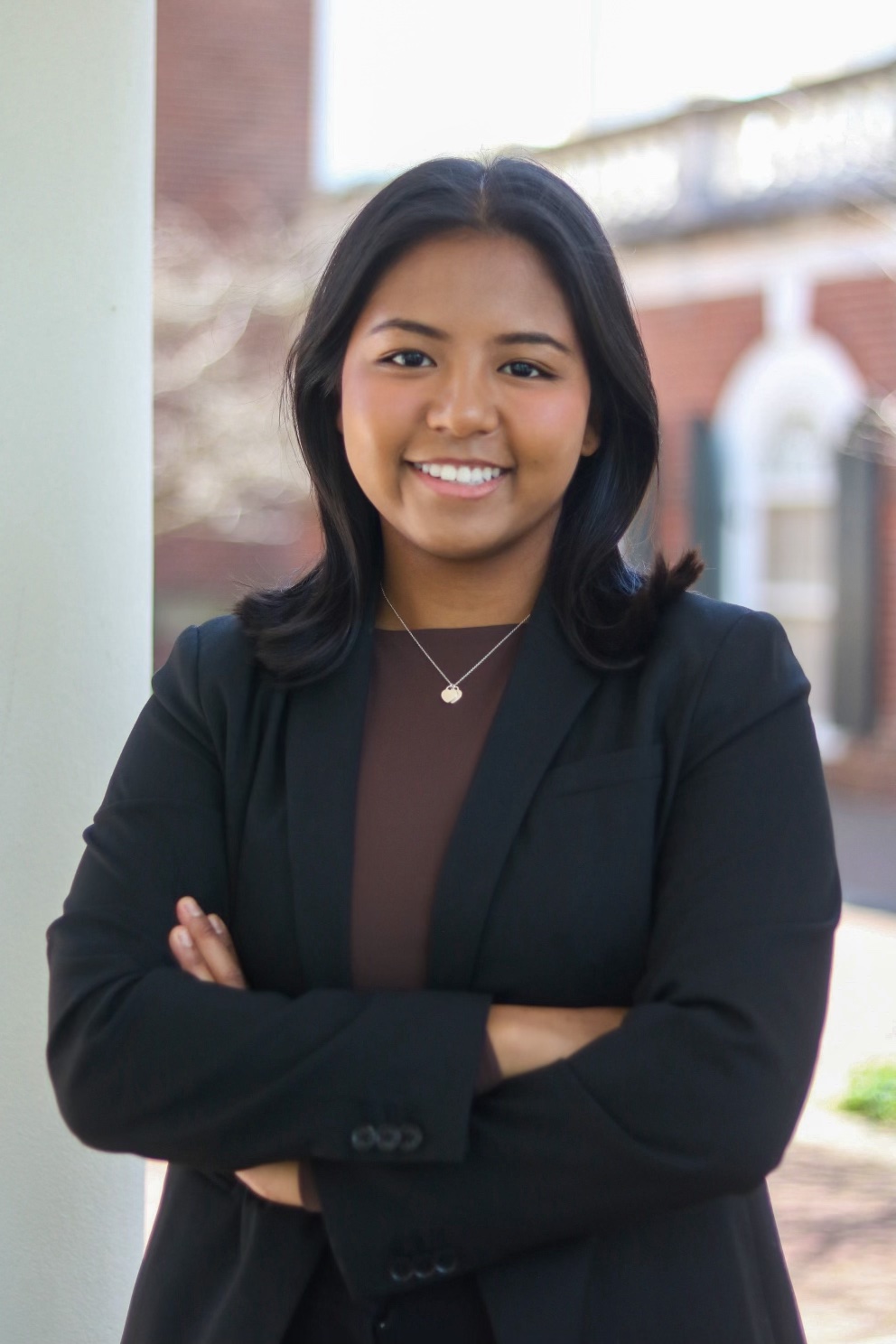2025-2026 Small Grant Awards Announced
Thursday, November 13, 2025
The Center for Effective Lawmaking (CEL) is proud to present its 8th annual small grant awards and recipients. The awards are given to scholars who are researching topics that connect to the mission of the CEL to advance the generation, communication, and use of new knowledge about the effectiveness of individual lawmakers and legislative institutions. This group of scholars will join previous grant recipients who have made insightful contributions to the study of lawmaking effectiveness. We are honored to support the awardees and look forward to seeing how their research develops in the future.
Here are the grant recipients for 2025-2026:
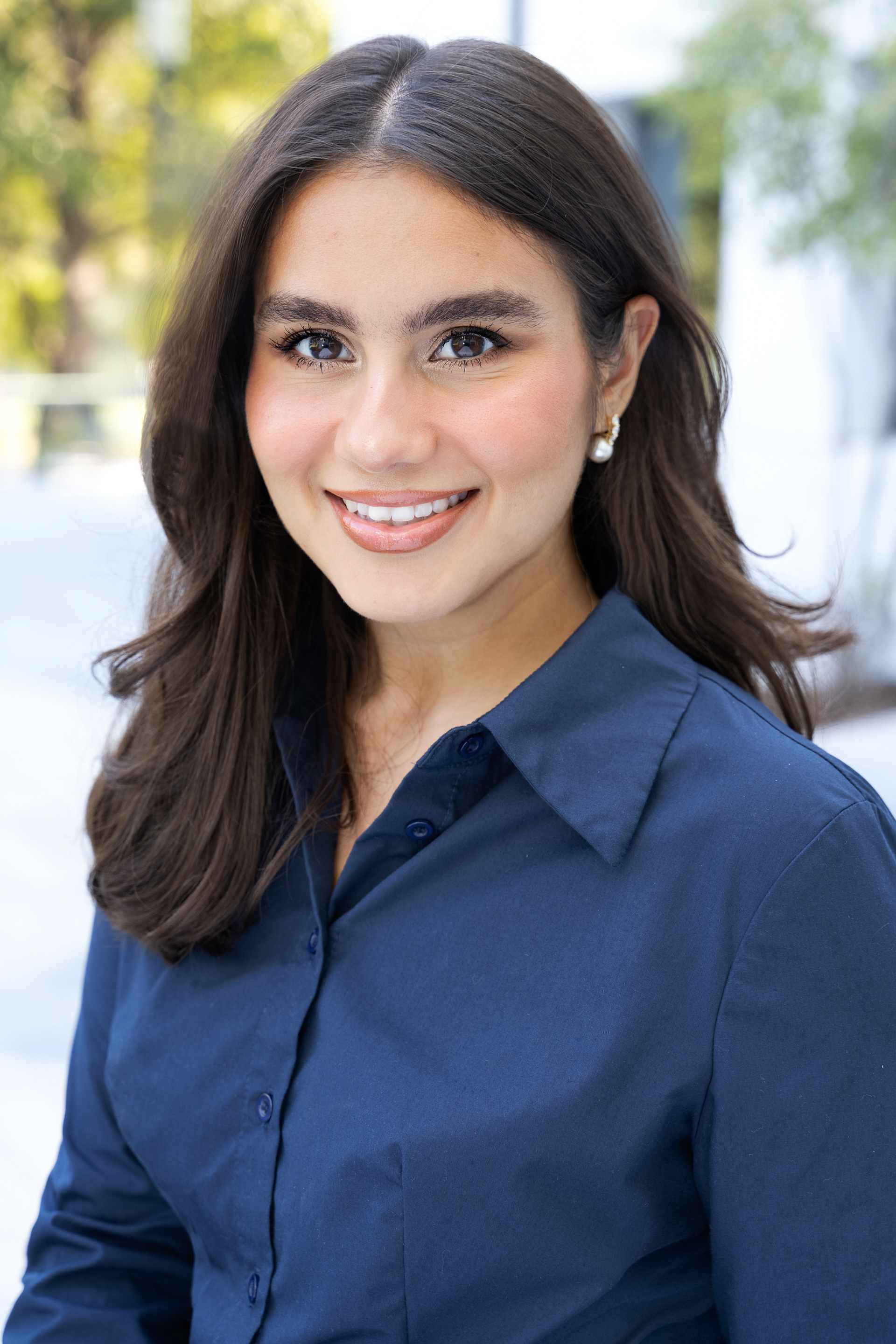
Eman Alahmadi is a Ph.D. student in the Department of Government at the University of Texas at Austin. Her research interests include political institutions, with a focus on congressional relationships and the informal shared spaces that create and maintain them. Eman’s work seeks to understand where and how productive collaboration, necessary for representation, takes place in an era of intense polarization. Her ongoing projects explore several areas within Congress, such as pockets of neutral spaces where interrelationships can develop, the gendered effects of incivility on public trust, and how incivility leads voters to reconsider their party identification.
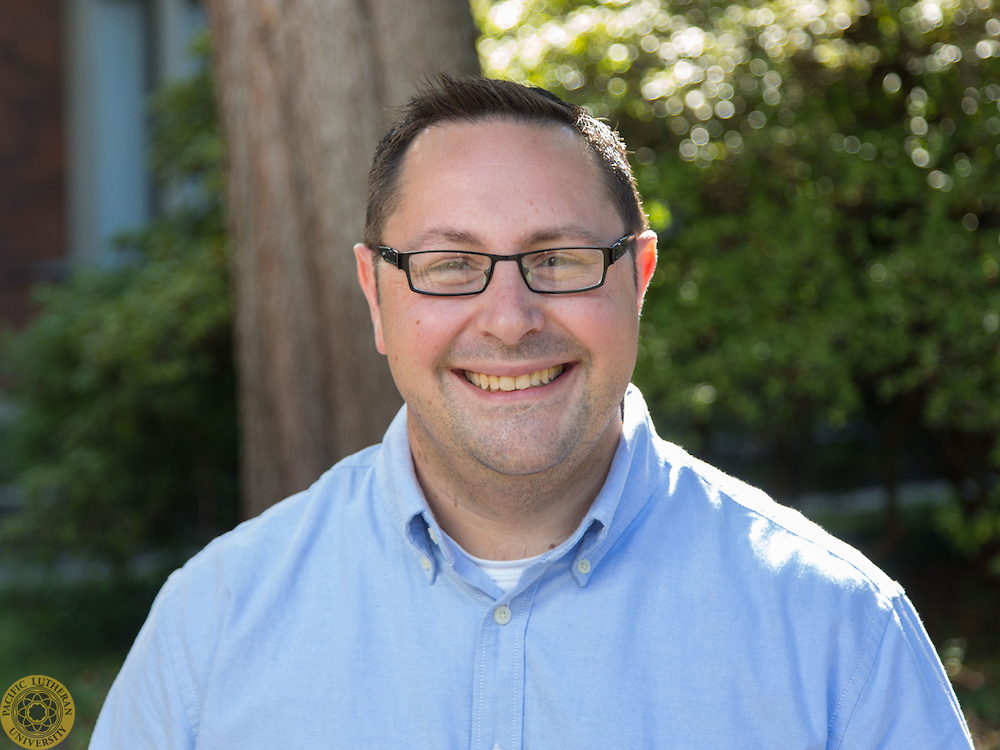
Michael Artime is an Associate Professor of Political Science at Pacific Lutheran University in Tacoma, WA. With a Ph.D. in Political Science from the University of Missouri-St. Louis, Artime studies American politics and state legislative decision-making. He lives in University Place, Washington with his partner and two young children.
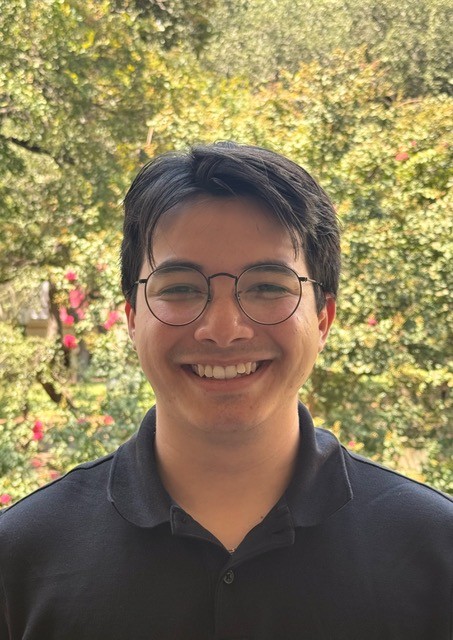
Jaime Andres Carbajal is a Ph.D. student in the Department of Government at the University of Texas at Austin. Using experimental methods, his research advances our understanding of legislative representation by examining public opinion and candidate perception. Much of Jaime’s work is created using hypothetical candidates, vignettes, and AI-generated media. With these materials, Jaime analyzes how voters respond to specific candidate characteristics, whether related to physical appearance or political behavior.
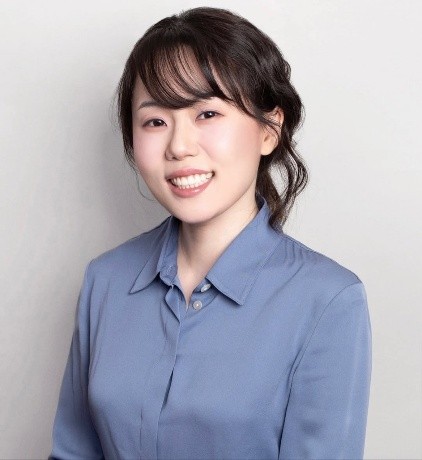
Ayoung Chun is a Postdoctoral Research Associate at Purdue University’s Program on American Institutional Renewal (PAIR). She received her Ph.D. in Political Science from UCLA in 2025. Her research examines how early (“seed”) donors shape lawmaking in Congress, focusing on committee assignments, agenda-setting, and legislative coalitions. Methodologically, she blends text-as-data, causal inference, and large-scale campaign finance analysis to uncover how organized interests influence representation and policy. Her broader work spans legislative politics, interest groups, and elections, with applications to both Congress and U.S. state legislatures.
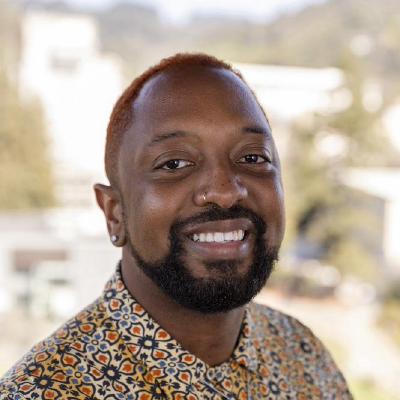
Christian Hosam is an Assistant Professor of Political Science and Faculty Affiliate of the Albright Institute at Wellesley College. His research focuses on the unique features of the American political economy and how those features are shaped by Black politics and, in turn, how these features shape Black life. Specifically, his principal research interests focuses on the ways that policy goals that can largely be considered civic successes for African American communities often invert on themselves, creating new conditions that often exacerbate racial inequalities even as they endeavor to help reduce them. His first book project, tentatively titled The Last Best Hope: Black Congressional Representation and the Elusive Search for Racial Justice, focuses on the ways that even as Black Members of Congress have an increasingly central role to play in the governance of the Democratic Party, they are also faced with even more intensive constraints as polarization and gridlock shape the fortunes of racial justice legislation and action in the American Congress. He has had work published on this topic and others at academic venues such as Politics, Groups, and Identities, Sociological Forum, and Polity.
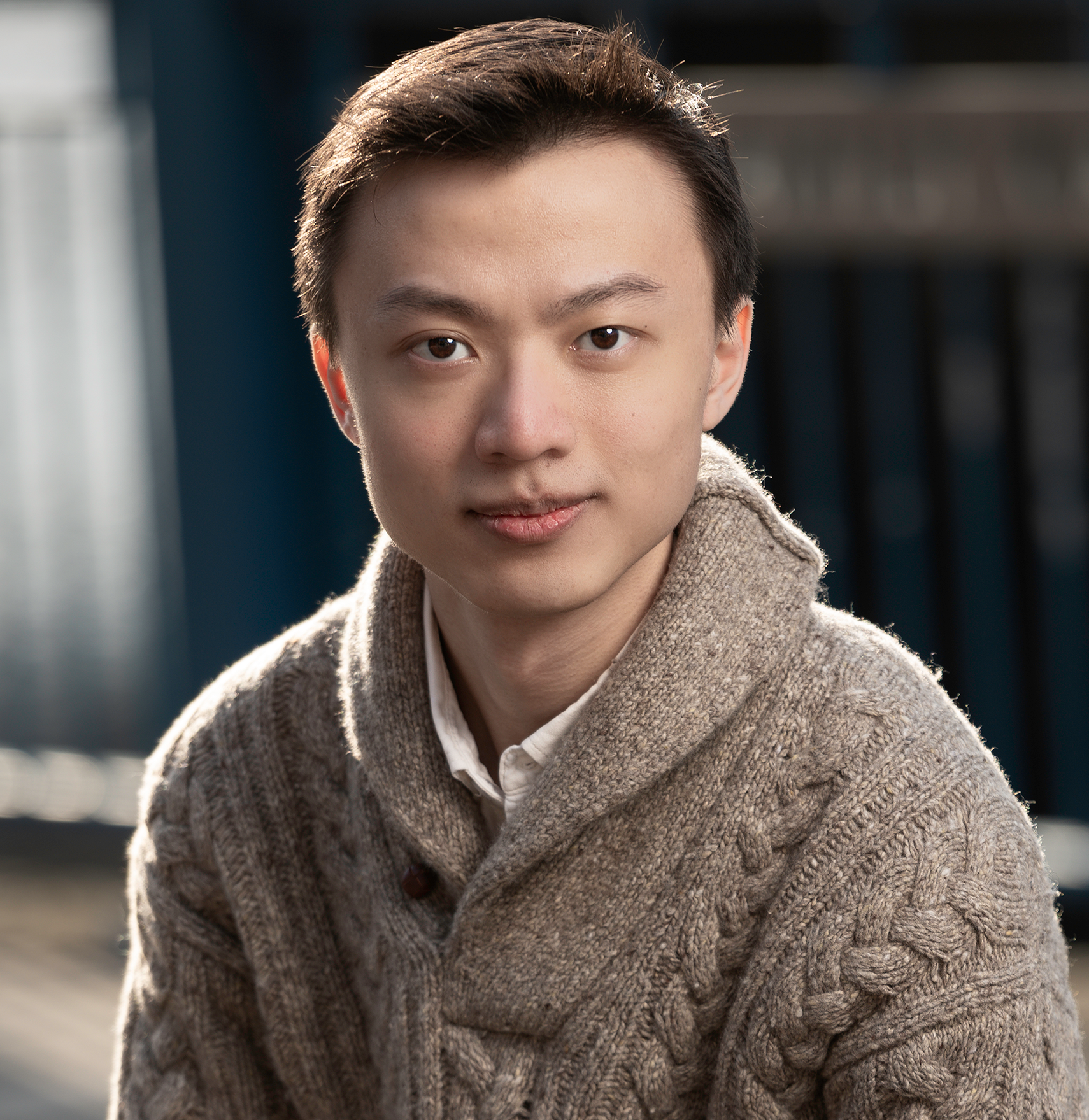
Fredric Kong is a Ph.D. candidate in Economics at the Massachusetts Institute of Technology. His broader research agenda lies at the intersection of markets and politics. His projects explore how lobbying influences legislative decisions at the state level, the barriers that shape who enters electoral politics, and the joint role of technology and political institutions in the green transition. Most recently, joint with Daron Acemoglu and Pascual Restrepo, he co-authored Tasks at Work: Comparative Advantage, Technology, and Labor Demand, forthcoming in the Handbook of Labor Economics. Fredric previously completed the M.A.Sc. in Data, Economics, and Development Policy at MIT in 2020 and was a Bradley Foundation Fellow last year.


